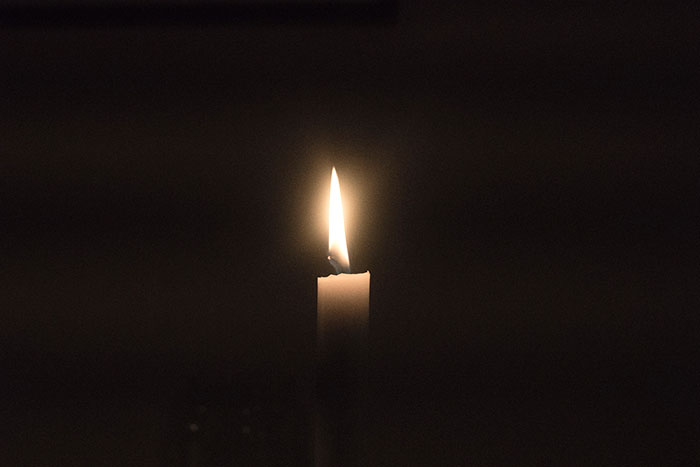I have been writing and making blog posts every Tuesday and Friday for the past 2 years. This past Tuesday was the first time I failed to make a post during that time. I didn’t post because Tuesday was my sister’s funeral. My sister Mary Anne tragically passed away at age 54. She had Lupus, which compromised her immune system. When she got sick about 6 months ago, her body couldn’t fight the infection because of the Lupus, and so the infection spread to her bloodstream and her heart and heart valves. She developed Endocarditis, which caused her infected heart valves to spew blood clots throughout her body including her abdomen and her brain. When the Endocarditis and clots were finally diagnosed, her sickness was effectively too far gone and the doctors were unable to cure her. She leaves a husband and two daughters. It is incredibly sad.

Plan For The Unthinkable
There are many thoughts I have about a person, a wife, a mother, who leaves us unexpectedly and much too young. My thoughts are all about planning for something that you think won’t happen soon but absolutely will happen at some point. If you are still young, by which I mean under 80 years old, you really need to think about and discuss with your family or friends what you want or need if something unexpected occurs. Here are some of the top things to discuss and/or do:
- What do you want to have happen to you? Do you want your body to be buried in the traditional way? Or do you want to be cremated? If you want cremation, do you want your cremains kept in one place or spread in a special place somewhere? Keep in mind it might be illegal to be spread in your favorite special place. Most cemeteries will accept cremains and will allow them to be buried. Cremation is also the less expensive option by a significant amount.
- Keep Your Papers and Records Organized: Make sure the appropriate people know where your account statements and papers are kept and make sure they are labeled and organized. Think about what would happen if they are not organized: Your decedents may lose out on money that you have worked hard to save.
- Account Passwords: Keep a record of your online account passwords and make sure other people know where the passwords are. This is incredibly important. Also, if you are married, make sure your spouse is also on the title to your account – there are a lot of married people who still keep separate accounts for whatever reason. In the same vein, make sure someone else knows how to use 2-factor authentication if you have that set up on your accounts. If the 2nd factor is through face recognition on your cell phone, I don’t know what to tell you other than to have an alternative to face recognition.
- Life Insurance: Make sure your beneficiaries are correct in your life insurance. If you haven’t made changes to beneficiaries in the 20 years since you bought the insurance policy, that may be okay, but at least take a look at it. Perhaps the kids have grown up and have their own families, or perhaps some other event has intervened that necessitates changes.
- Medical Wishes: If you are in the hospital, doctors will continue to perform procedures in an effort to save you until you or, more likely, your medical proxy, tell the doctors to desist. The most significant lines to cross seem to be breathing tube and chest compressions. The hospital will likely want a medical proxy – someone who is authorized to make medical decisions for you – available. If that person is not your spouse, discuss beforehand who it should be and what you want.
- Will: Having a will is important especially if you are unmarried or you are a surviving spouse because it may not be clear who your heirs are. Having a will doesn’t necessarily avoid the probate process, but having your assets in a trust does avoid probate for those assets. This is especially important for homes and bank and investment accounts. You don’t really need an attorney to do a will – you can do it online through sites such as LegalZoom.com.
IMO
It is extremely important to think about the unthinkable even and especially when you are young and in the best of health. Next, it is important to communicate those plans with someone (spouse or close relative or friend) so that they can execute your plans. Planning while you are alive and healthy will help your decedents avoid a lot pain if something unexpected happens, pain that they don’t need because they are already in pain due to your plight.
